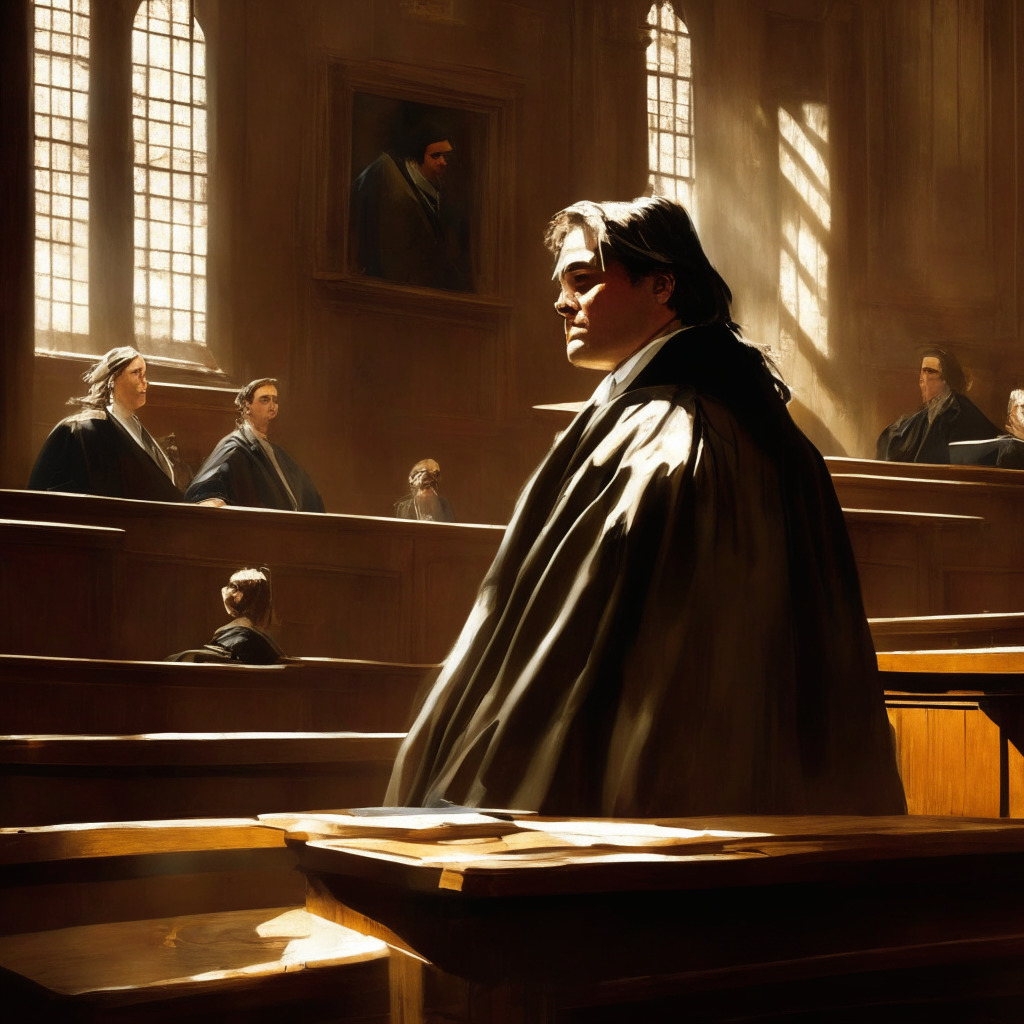A recent ruling by a British court has enabled Craig Wright to argue his copyright case relating to Bitcoin (BTC). Wright, who since 2016 has claimed to be the creator of Bitcoin, is filing a lawsuit against several Bitcoin Core developers and companies including Blockstream, Coinbase, and Block. The claim alleges violation of his copyright on the Bitcoin white paper, its file format, and database rights on the Bitcoin blockchain.
This intriguing decision stands in stark contrast to a ruling made earlier, in February. At that time, it was stated that Wright’s arguments did not provide sufficient grounds to establish the initial recording of the Bitcoin file format—a crucial requirement for any copyright protection. In fact, in February the UK Court even dismissed Wright’s plea to halt operation of Bitcoin and its fork, Bitcoin Cash, due to intellectual property infringement.
Describing himself as the originator of the Bitcoin Satoshi Vision blockchain which he asserts to be the historic blockchain behind Bitcoin cryptocurrency, Wright’s now contentious claim of indeed being Satoshi Nakamoto, the elusive creator of Bitcoin, will be put to the test in a trial expected to commence in early 2024.
That said, perhaps it’s relevant to remember the previous Oslo case where forensic evidence was presented questioning the authenticity of Wright’s documents and hence his claim to be Nakamoto. The legal representative for the developers, The Defense Fund, maintains that he has yet to provide proof sufficient to substantiate these claims.
On another note, the prevalent notion that Satoshi Nakamoto might be a collective entity rather than a single individual further muddies the waters. Some suggestive evidence includes both the usage of “we” and “I” in the Bitcoin white paper as well as a linguistic analysis of Nakamoto’s writings – inconsistent in style, suggesting the involvement of multiple individuals.
To conclude, it’s essential to note that the Bitcoin code, under the Massachusetts Institute of Technology license, is open-source with free distribution. This allows for its code to be reused for any purpose, even proprietary software. However, Wright proposes that the Bitcoin Core developers are a centralized entity, referenced as the “Bitcoin Partnership” controlling the Bitcoin network. The final verdict on these contentions, expected in early 2024, should therefore make for an interesting revelation.
Source: Cryptonews




